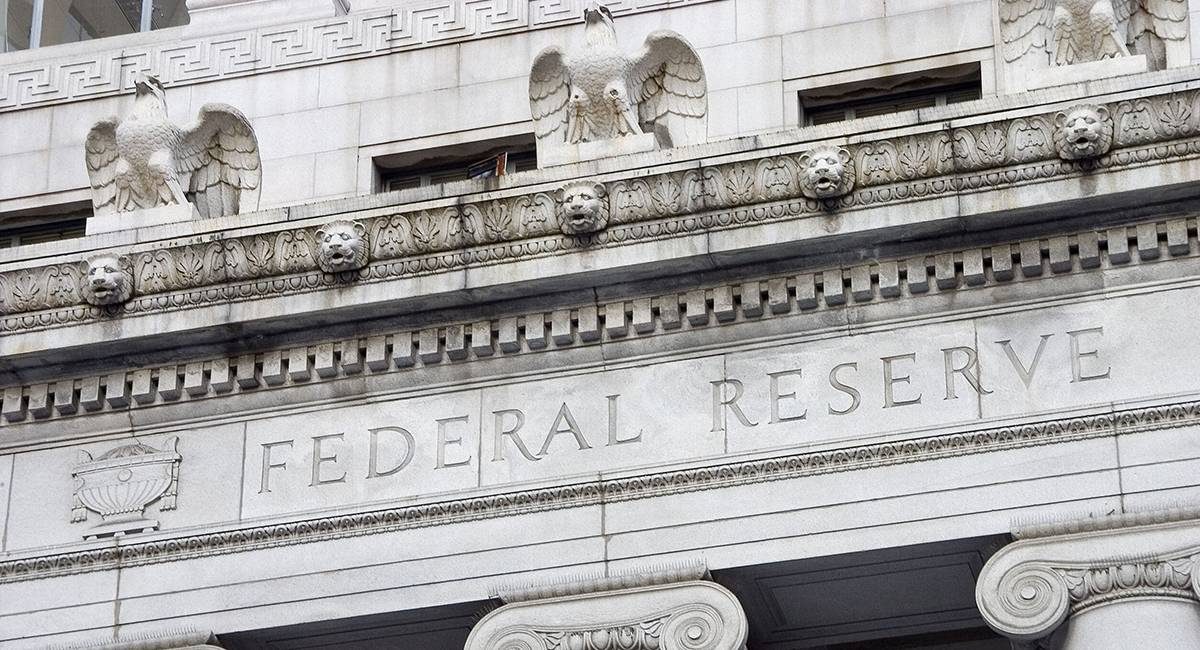It’s hard to be a moral leader to the world when you have compromised your own future through fiscal irresponsibility. But that’s precisely the problem facing America today: Ballooning federal debt and a hollowed-out private sector threaten to render our nation a spent political force. What makes it worse is the realization we have done this to ourselves.
Democracy relies on the wisdom of its citizens to select representatives who share their values and aspirations. We collectively voted for the politicians who have racked up successive budget deficits to the point where America’s need to finance its outstanding federal debt now impairs its capacity to remain a self-determining nation.
The consequences are evident in the way we are now compelled to soft-pedal American principles to avoid offending our financial benefactors, most notably China. When President Barack Obama declined to meet with the Dalai Lama last October, it was understood that U.S. concerns over Chinese human-rights violations were not worth risking China’s cooperation on other vital matters. Diplomats call this “strategic reassurance”—emphasizing political, economic and security-related issues, while downplaying more sensitive topics related to basic human freedoms.
But China’s angry response to the news that Mr. Obama will meet with the Tibetan spiritual leader tomorrow in Washington goes straight to the point. “If the U.S. leader chooses this period to meet the Dalai Lama, that would damage trust and cooperation between our two countries,” said Zhu Weiqun, a Chinese Communist Party official at a Feb. 2 press conference. “And how would that help the United States surmount the current economic crisis?”
In other words: China sees a clear link between America’s ability to stand up for human rights and its economic interests—and Beijing isn’t afraid to exploit it. Mr. Weiqun was bluntly reminding the U.S. to take a close look at its balance sheet before indulging in any displays of moral support for an exiled Buddhist monk deemed a “dangerous separatist” for seeking Tibetan autonomy.
China holds nearly $755 billion in Treasurys—more than one-fifth of the total held by foreign nations. “China is now the largest creditor nation to the United States,” noted Victor Gao, a former top official in the Chinese foreign ministry, in a recent CNN interview. “Just imagine if China buys less of the Treasury bonds or stops buying the Treasury bond for a couple of months.”
Actually, China has apparently started doing just that. Yesterday the Treasury Department reported that China had significantly reduced its holdings of U.S. Treasury securities in December. The big drop—$34.2 billion—means China has moved to second place behind Japan. The big question: Will China continue to cut back?
Such a scenario would not be pleasant for either party. World demand for U.S. debt instruments would take a dive, and yields would have to increase to entice new buyers, driving down the value of existing Treasurys. But the very fact that such a threat might cause us to take pause in evaluating our options is sobering.
What if Russia had succeeded in persuading China to dump Fannie Mae and Freddie Mac securities, as it tried to do in August 2008 on the eve of Russia’s war with Georgia? In his memoir “On the Brink,” former Treasury Secretary Henry Paulson recounts how he learned about the “disruptive scheme” and acknowledges that heavy selling could have created a “sudden loss of confidence” and shaken capital markets.
To lose confidence in U.S. capital markets is to lose faith in democratic capitalism. We are the nation most trusted around the world to champion free markets and free people; standing up for principle and coming to the aid of beleaguered allies is part of the American creed.
To remain a global leader, we must ensure our own financial viability going forward. The skittishness and volatility that continue to plague our markets reflect an existential sense of insecurity arising from the nation’s precarious fiscal outlook. We simply have too many bills, and not enough growth, to generate needed revenues.
Americans sense that our financial woes are getting too big to surmount. We wonder at what point our nation’s seemingly unlimited appetite for government spending and our increasing reliance on outside funding will begin to distort our national persona.
Can the U.S. be a force for good when its credit rating is on a path to turn bad? According to a Feb. 2 Moody’s assessment: “Unless further measures are taken to reduce the budget deficit further or the economy rebounds more vigorously than expected, the federal financial picture as presented in the projections for the next decade will at some point put pressure on the Aaa government bond rating.”
Before that happens, Americans need to put pressure on their representatives in Washington to reverse the trend toward financial oblivion. Or, we need to elect new representatives who recognize that America’s greatness cannot be achieved in the absence of national solvency. It’s not only the small concessions to China over “internal” matters, or the possibility of faltering in helping our allies at critical moments, that undermine our global claim to moral leadership. It’s the longer-term vulnerability to financial extortion. It’s the perception, at home and abroad, that American values may be subjugated to financial considerations due to America’s permanent state of indebtedness.
During World War II, the U.S. willingly ran up a deficit financed by federal public debt. But to engage in excessive spending when we are not dealing with an emergency of that scale is reckless.
As Lech Walesa, the former president of Poland who confronted Soviet repression with demands for the right to self-govern, observed recently: “The world has no leadership. The U.S. was the last resort and hope for all the nations. Today, we have lost that hope.” What has changed about America’s role in the world? “They don’t lead morally and politically any more.”
This cannot go on. We need to radically cut spending, take dramatic steps to increase growth, and quit monetizing budget shortfalls as if they didn’t matter. We need sound money and sound finances; it’s time to start paying back the federal debt, some 46% of which is owed to foreigners.
Unless we quit our debilitating borrowing habit, we will not be able to overcome the timidity that comes from being reliant on the kindness of strangers. Standing on our own two feet is the only way to ensure that we stand on principle.









